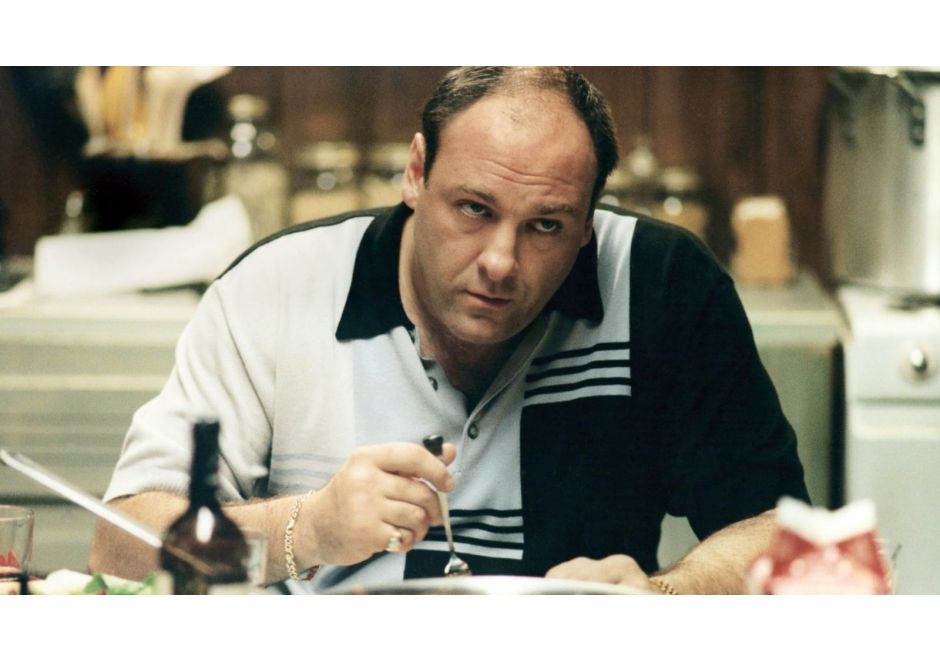“Well, it looks like you all hated me so much that you've given me this award for it, and I'm loving every minute of it,” Louise Fletcher said in her Best Actress Oscar acceptance speech for One Flew Over the Cuckoo’s Nest.
Fletcher’s portrayal of Nurse Ratched in the Academy Award winning film is considered one of the most villainous and unlikeable characters of all time. She’s cruel, hated and abuses her power over the patients at a mental institution.
And then there’s Tony Soprano (James Gandolfini). A New Jersey mob boss whose crimes range from extortion to murder. In the first episode he purposely runs over someone with a car who owes him money. Further along in the first season, he strangles someone to death with a wire. And viewers root for him!
Nurse Ratched is an unlikeable character, and Tony Soprano is an anti-hero. So what’s the difference?
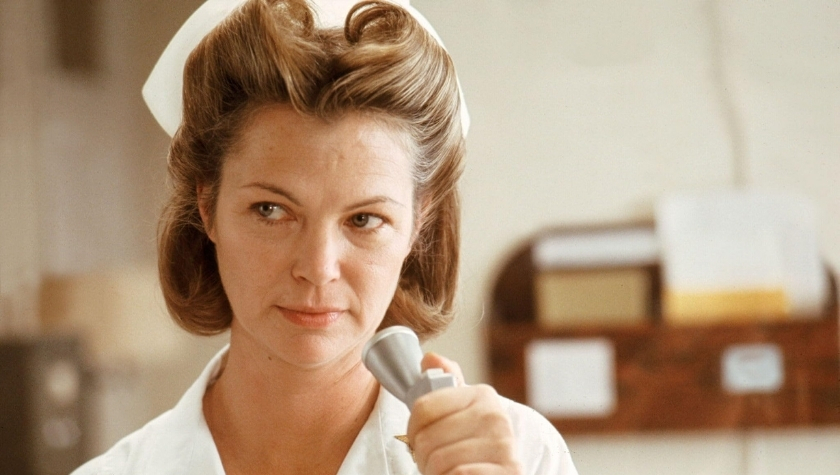

What is an Anti-Hero?
The anti-hero is a protagonist who doesn’t hold the traditional qualities often found in a hero. They tend to have some questionable attributes, flaws and morals and achieve their outcomes through unconventional means.
Basically, they are the hero we root for but wouldn’t trust and may not even like. They may be:
- Flawed but relatable: Tony Soprano is a violent mob boss, which most of us won’t understand. But he cares for his family and is struggling with mental illness, which we can empathize with.
- Morally ambiguous: Harry Callahan (Clint Eastwood) in the Dirty Harry movies breaks rules and some laws but the audience is still on board with him.
- Experiencing an untraditional arc: John Wick (Keanu Reeves) starts out the movie experiencing the loss of a wife. But he has a cool car and a dog, which get stolen and killed. By the end, through violent means he gets back into the game through vengeance.
Anti-heroes not only have been around forever, but they are some of our favorite characters in classic films.
Rick (Humphrey Bogart) was the perfect anti-hero in Casablanca. He’s morally ambiguous and sticks his neck out for no one. He’s totally fine with letting a close confidante get captured or killed, and will rig a Roulette game to help someone get money for exit visas. He’s an anti-hero who drinks too much, is selfish and corruptible.
More recently, Harley Quinn (Margot Robbie) in Birds of Prey is the type of violent and chaotic anti-hero we want to root for. Somehow, her methods, while considered to be villainous in nature, are ultimately used for good.
The same even holds true for The Bad Guys, an animated movie for kids based on a book series.
Other anti-heroes include:
- Hannibal Lecter, who literally hints his intention of eating someone at the end of Silence of the Lambs and the audience cheers it!
- Arthur Fleck in Joker
- Jordan Belfort in The Wolf of Wall Street
- Henry Hill in Goodfellas
- Deadpool in Deadpool
We’re not rooting for Nurse Ratched, she’s an unlikeable character. We will root for Harley Quinn because she’s a character we want to follow.
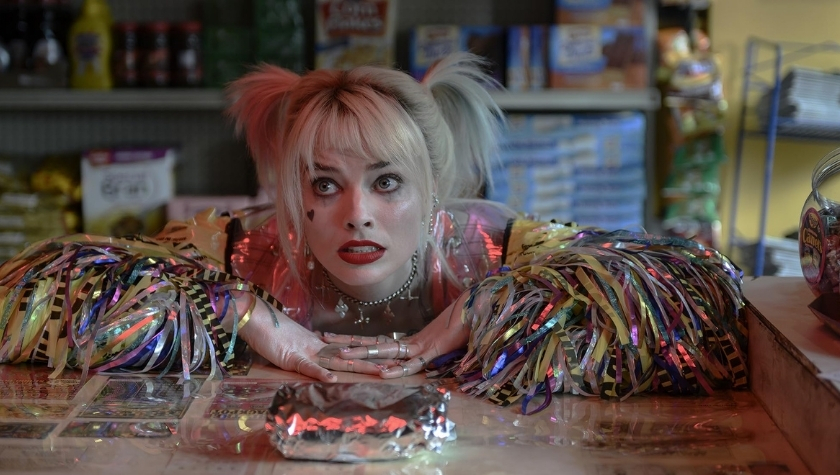

The Traits of an Unlikeable Character
The difference between an unlikeable character and an anti-hero is that the audience can’t get on the side of the unlikeable character and go on their journey with them. Unlikeable characters don’t often get to be the protagonist, although leave it to A24 to release the movie Friendship starring Tim Robinson as a very unlikeable character with seemingly no arc and a compelling story that you have to watch to see how deep he can dig himself into his hole.
Unlikeable characters are often delegated to supporting characters and antagonists. Their behaviors or attitudes are designed to make the audience cringe. The thing is, they shouldn’t be written as bad characters – but rather purposely unlikeable.
There are many ways to write an unlikeable hero. Here are some of the traits these characters tend to have:
- Arrogance: They act superior or dismissive of others
- Selfishness: Unlikeable characters will put their own needs above everyone else’s
- Cruel: They do mean things without remorse
- Entitled: When you act like you deserve special treatment or achieve success without earning it, you are unlikeable.
- Dishonesty: They lie, manipulate, or betray others for gain without trying to achieve a positive outcome. Most of the Daniel Ocean’s (George Clooney) in Ocean’s 11 are dishonest, but they aren’t unlikeable.
- Corrupt: A character exploits others to gain money or power is unlikeable
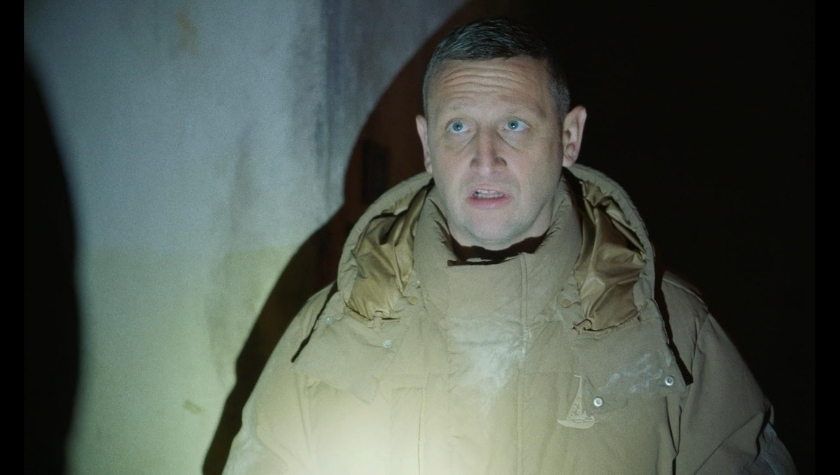

Writing the Anti-Hero
If you can make a character engaging and someone the audience wants to watch, you can get your protagonist out of unlikeable and into anti-hero territory.
The most ruthless characters will have flaws. Long gone are the days when the villain is simply a mustache-twirling one-dimensional character. Storytellers must ask of all of their characters, ‘What’s driving them to make the decision they're making?’
Walter White (Bryan Cranston) in Breaking Bad is the epitome of the anti-hero. His initial intentions for getting into the drug trade are noble, but as he gains power and is ruthless in his dealings, he’s still someone we want to follow. One reason, along with being smart and capable, is that his enemies are considerably more sinister.
Speaking of intelligence, this attribute goes a long way in helping a character be likeable. In Die Hard with a Vengeance, Simon (Jeremy Irons) doesn’t have any redeeming qualities, but the fact that he’s intelligent and charming makes him a likeable antagonist and a great foe for John McClane (Bruce Willis) and Zeus (Samuel L. Jackson), who both have anti-hero type roles.
As bad as an anti-hero can be, to help keep an anti-hero protagonist out of unlikeable territory is to contrast them with a worse person. Dirty Harry may be a jerk and a cop who breaks the rules, but it’s hard for audiences to not root for him when he’s up against a serial killer who kidnaps a school bus full of children.
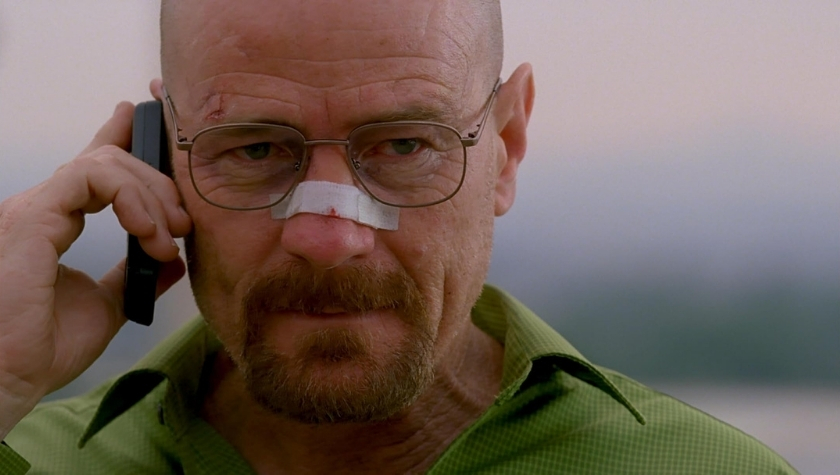

Writing Bad, Good Characters
Writers rarely set out to create unlikeable characters - unless they’re meant to be true monsters. But every great protagonist needs flaws; it’s what makes them human, relatable, and real. The beauty of the anti-hero lies in this balance: they can be deeply flawed, even morally questionable, yet still possess a spark of goodness that draws us in. Think of Tony Stark from The Avengers - arrogant, selfish, and often insufferable - but undeniably a hero we root for.
In the end, it’s not about making your characters likeable; it’s about making them compelling. If you want audiences to connect, give them someone they can understand. If you want them to recoil, give them someone they can’t. Either way, your goal is the same: make them feel something.

